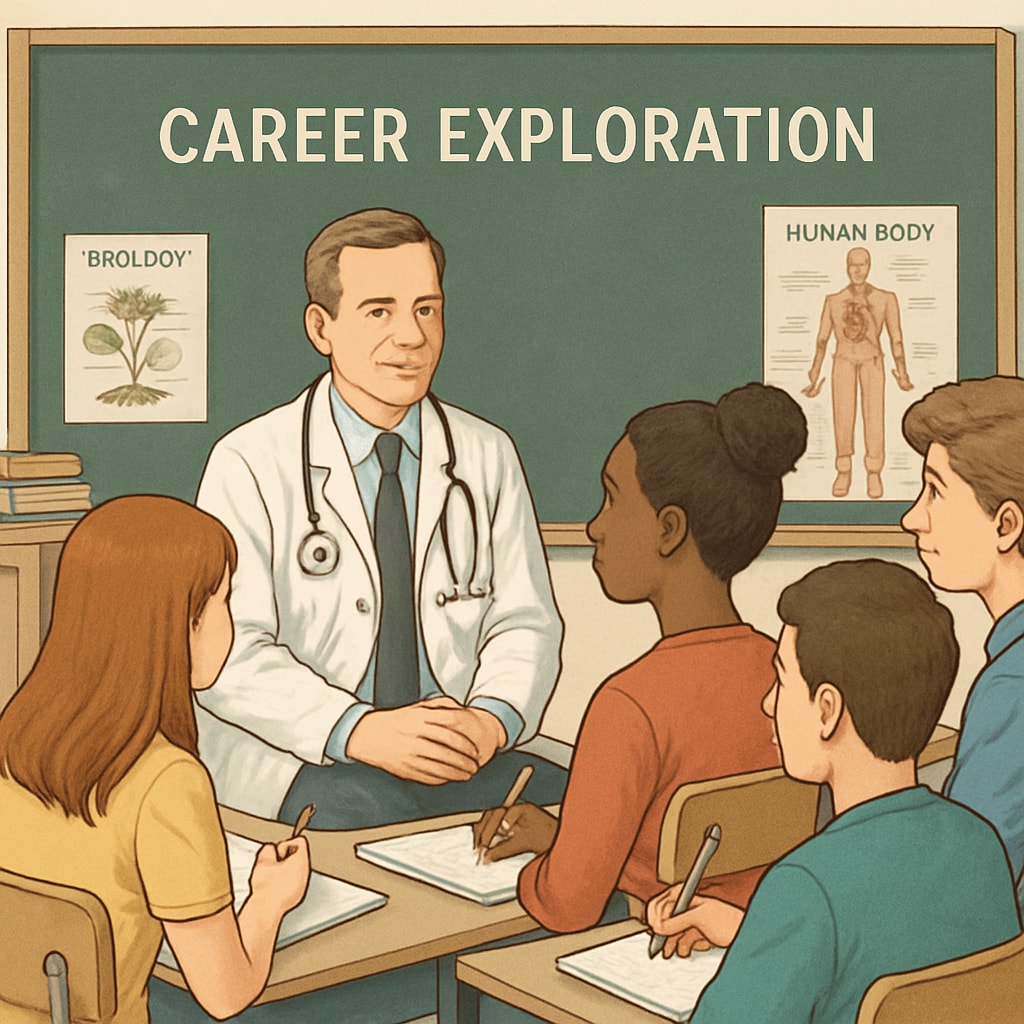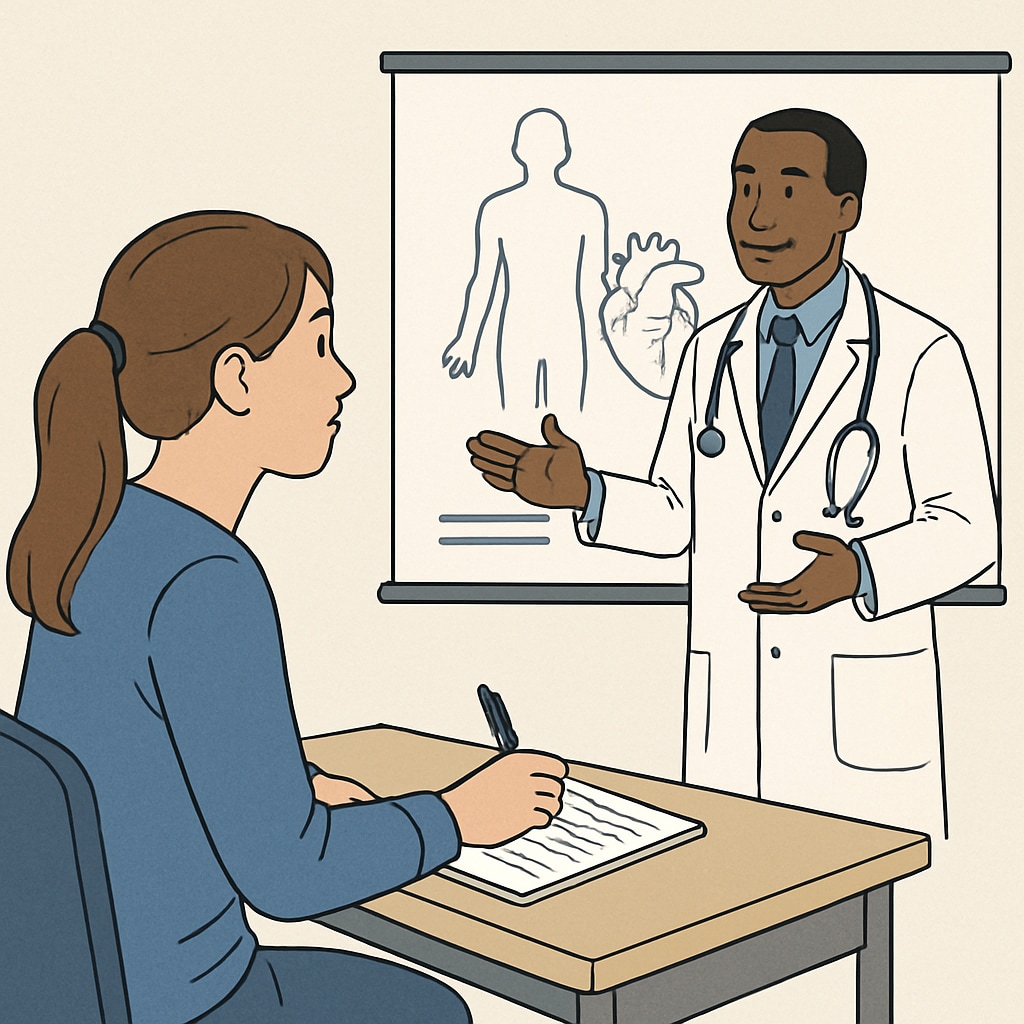Engaging students in career exploration during K12 education is essential for their future success. Activities such as discussing medical careers, school projects, and interview questions allow them to gain valuable insights into various professions. Structured interviews with professionals not only offer real-world career information but also cultivate critical thinking and social skills, setting a strong foundation for future career decisions.
The Value of Early Career Exploration in Education
Career exploration at the K12 level plays a pivotal role in shaping students’ aspirations and long-term goals. Exposing students to diverse fields, such as medicine, helps them understand the challenges and rewards of specific professions. For example, interviews with medical professionals can answer pressing questions about educational requirements, daily responsibilities, and the emotional resilience needed in healthcare.
- Students gain clarity on the education and training required for medical careers.
- They develop critical thinking by posing meaningful questions during interviews.
- These experiences foster communication skills essential for professional growth.

How Medical Career Interviews Shape Future Planning
Structured interviews with healthcare professionals offer students a deeper understanding of what it takes to succeed in medical careers. Students can ask targeted questions about academic paths, job responsibilities, and personal experiences in the field. These discussions often reveal nuances that textbooks cannot cover, such as the emotional fulfillment or ethical challenges faced by doctors.
For example, a student might ask, “What inspired you to pursue medicine, and what challenges did you face along the way?” Such questions prompt meaningful dialogue and provide students with relatable narratives that resonate beyond technical jargon.
Additionally, medical career interviews prepare students for real-world interactions by encouraging them to:
- Conduct research on the profession before the interview.
- Formulate clear and concise questions.
- Reflect on the answers to align their aspirations with realistic goals.

Integrating Career Exploration into School Projects
School projects focusing on career exploration, such as interviewing professionals, can be seamlessly integrated into the curriculum. Teachers can design assignments that allow students to interview experts, write reports on their findings, and present their insights to peers. Such projects not only enhance academic skills but also prepare students for the complexities of adult life.
For example, a class project might involve students reaching out to local doctors or healthcare workers, preparing interview questions, and compiling their findings into a group presentation. This process teaches collaboration, time management, and the importance of professional networking.
By incorporating career-focused projects, educators can ensure students are equipped with the knowledge and skills necessary to make informed decisions about their futures.
Conclusion: Building Foundations for Future Success
Medical career interviews within school projects are a powerful tool for fostering career readiness among K12 students. These activities provide insights into the realities of the medical profession while encouraging critical thinking, communication, and research skills. As a result, students are better prepared to navigate their educational and professional journeys.
By prioritizing career exploration in K12 education, schools can empower students to take charge of their futures, starting with informed decisions about their academic paths and personal goals. Such initiatives ensure that the next generation of professionals, including doctors, is both well-prepared and deeply passionate about their chosen fields.
Readability guidance: This article uses concise paragraphs and lists to summarize key points. The text avoids lengthy sentences and maintains a balance between academic insights and practical advice, making it accessible to readers across various age groups.


